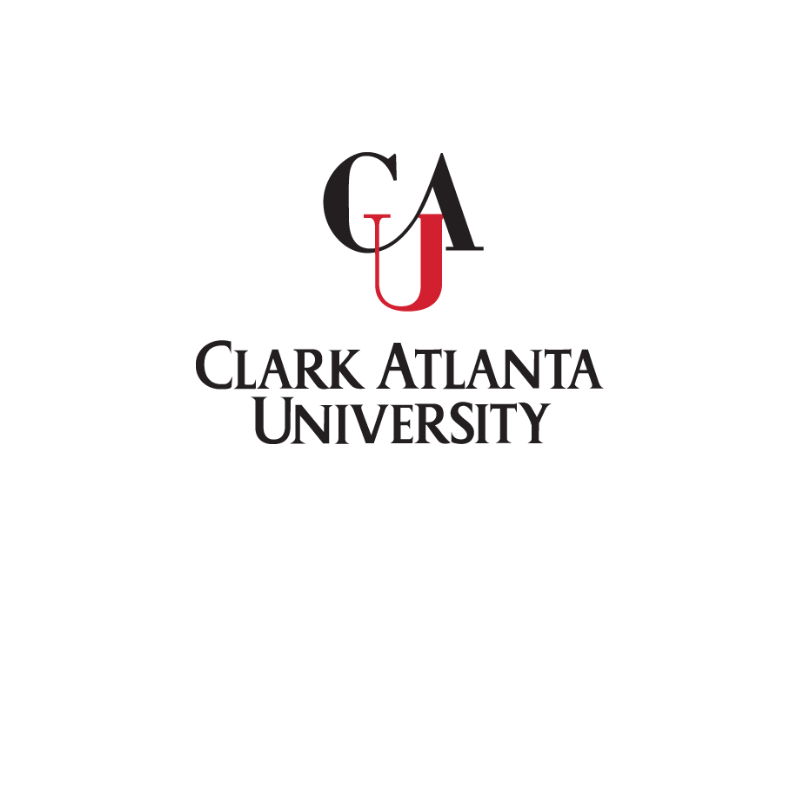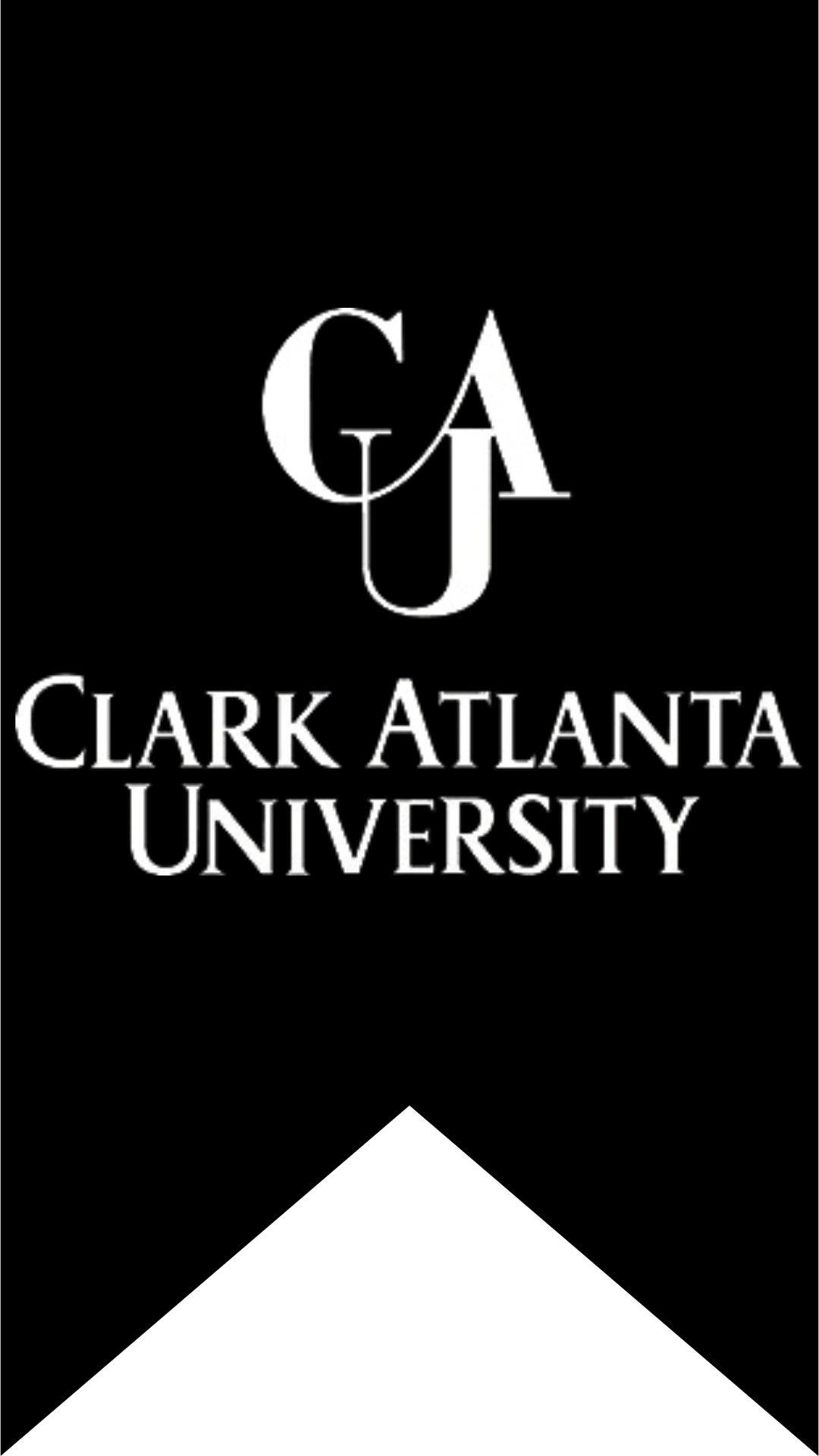School of Education
Reach your full potential both professionally and personally with School of Education at CAU.
Completing the Application Online Form will activate your admissions file. Your file will not be considered complete or submitted to our Admissions Committee until we receive the following documentation and the application fee:
- Letter of Recommendation from your counselor
- Letter of Recommendation from a teacher
- Official high school transcript(s) from each school attended. Transcripts must be sent directly to the Office of Admissions from the school
- Official SAT or ACT score reports
- Essay (500 words, topic of your choice)
- Non-refundable $35 application fee (or fee waiver request form completed by counselor. Fee waivers are accepted until March 1)




















